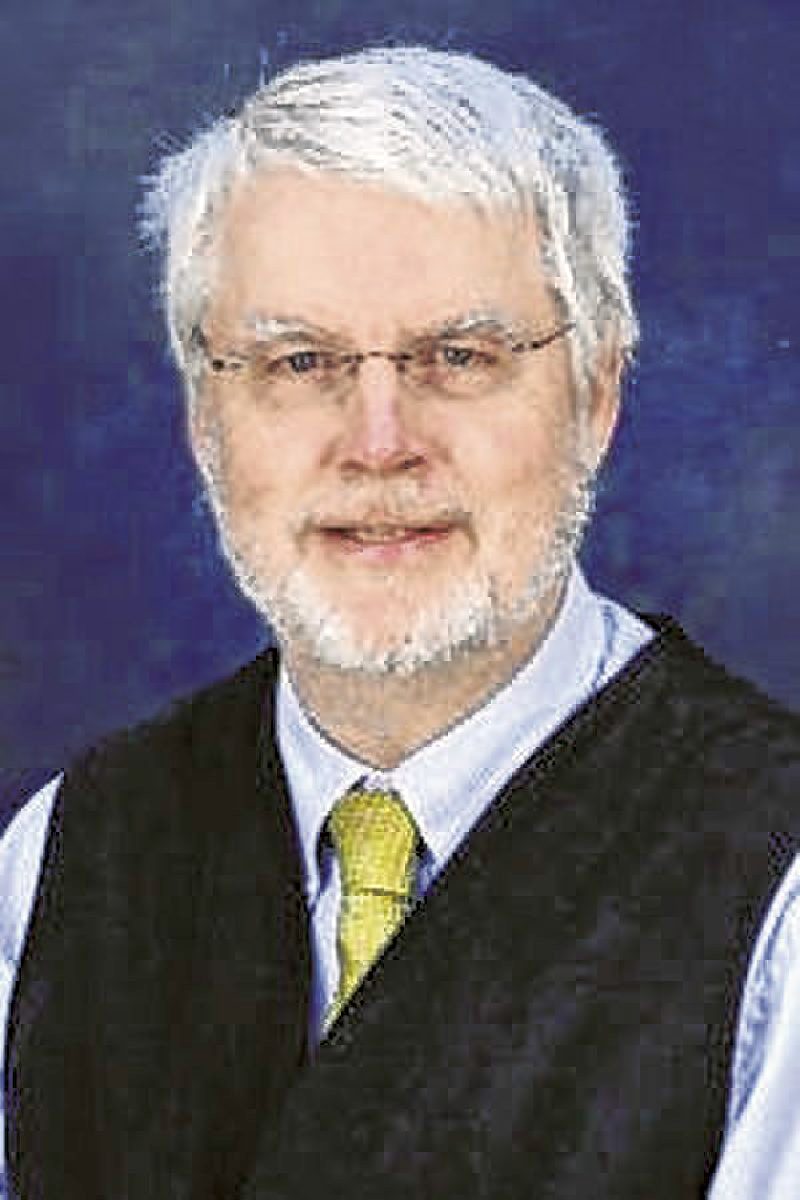With their summer reading programs, libraries are bringing back memories of my childhood.
Even when my family travelled on vacation, all of us kids brought books along to make long car trips and rainy days bearable. I suspect many readers have similar memories.
Young people might pity my generation, given that we didn’t have smartphones to play movies or entertain us with games. I believe, however, that my generation was fortunate.
First and most important, movies don’t hold a candle to the power of books to exercise the imagination. Movies show viewers a time in history, a landscape and characters. Books invite readers to imagine those same elements of a story.
Second, I have found it almost always disappointing to watch a movie made from a book. I read F. Scott Fitzgerald’s The Great Gatsby in high school, decades before Robert Redford and later Leonardo DiCaprio played the role of Jay Gatsby in film versions of it. I’m not denying Redford and DiCaprio are great actors, but Jay Gatsby in the book is a more shadowy figure who is much harder to picture and even harder to understand.
In other words, F. Scott Fitzgerald’s Gatsby activates readers’ imaginations.
Great authors do that, they trigger the imagination of readers. Not just Redford or DiCaprio, but any actor, just by appearing on screen, diminishes the power of Fitzgerald’s novel by showing us what Jack Clayton and Baz Luhrmann, the directors of the film versions, decided what their Gatsbys would look like, sound like and act like.
Third, not only is the film version of a book usually disappointing, but the film version ruins the experience of rereading a beloved book. If I were to read The Great Gatsby now, after having seen the film versions, I would no longer be with Fitzgerald’s shadowy and elusive Gatsby figure. The faces of Redford and DiCaprio are in the way.
If you think I’m being a curmudgeon, consider the opinion of one of my favorite authors, John le Carré. Five of his early novels feature George Smiley, an officer in Great Britain’s Intelligence Service. Of course, le Carré doesn’t leave readers completely on their own in picturing this character. Le Carré describes Smiley as middle-aged, Oxford-educated, pudgy, slow to speak, prone to wearing dumpy clothes and having the habit of cleaning his thick glasses with his necktie. In other words, Smiley is the opposite of James Bond.
But le Carré’s descriptions give readers wide latitude in imagining George Smiley. How middle-aged? Pudgy in what way? If Smiley is Oxford-educated but slow to speak, is that because his mind works slowly or because he’s careful about what he reveals?
In the late 1970s, BBC produced a version of two of the best le Carré books featuring George Smiley: Tinker, Tailor, Soldier, Spy and Smiley’s People. Le Carré served as one of the scriptwriters of the TV series, and, in that capacity, had a say in determining who’d play Smiley. Sir Alec Guinness was selected, and the two series were great successes. I rate both as being the most faithful film versions of books that I’ve come across.
So what was le Carré’s problem? In a later interview about his novels, the interviewer asked le Carré if he would write another novel featuring George Smiley. Le Carré replied sadly that George Smiley was no longer his. Alec Guinness, by inhabiting the Smiley role so convincingly in both TV series, now “owned” George Smiley. Le Carré suggested any future novel featuring George Smiley would, instead, be a novel featuring Alec Guinness.
With summer winding down, there is still time to pick up a book, one not yet made into a movie, and give your imagination free rein. Booklovers know there is no pleasure like the pleasure of reading an absorbing book.
Who should get credit for this pleasure, which makes our imaginations dance? Of course, credit must be given to the author, whose imagination produced the work. Authors are the lead partners in the dance by offering clues to characters, settings and plot turns. But authors don’t dance alone. It is the readers’ imaginations — yours and mind — that complete the dance.
Happy dancing.




